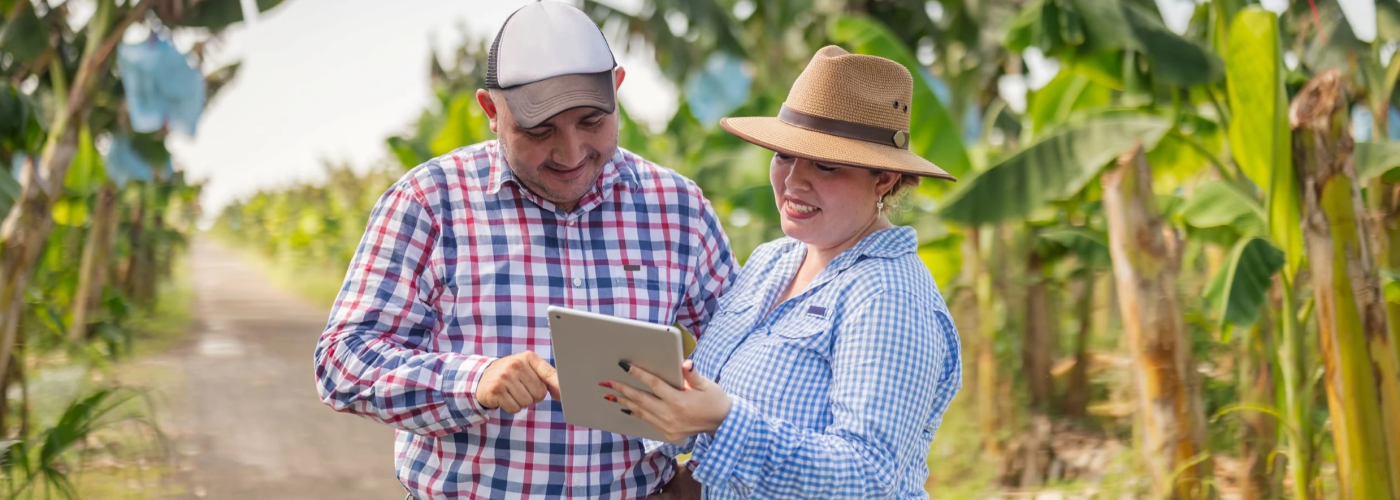What Does Successful Co-Creation Look Like in Honduras?
Image

This blog, written by Dexis, was originally posted on Vikāra Institute's website.
This blog makes a critical point about the need to constantly work from the perspective of local market actors and raises the importance of co-creation methods that are increasingly recognized as highly effective when applied appropriately. From systems thinking perspective, co-creation processes are best when the focus is on how to catalyze change that is internal to the local market system, as opposed to co-creation processes that are oriented toward a project’s interests. Focusing on local relationships is a central element of any MSD approach. As the blog highlights, co-creation processes are as much about relationships and relationship building as they are about any specific outcome. For some market systems efforts, the skills/capacity of local market actors to initiate and manage co-creation processes around collaborative opportunities and threats have been identified as the key part of their systemic change objectives. MSS2022 will discuss innovations in MEL related to systemic change metrics, including monitoring and tracking challenging areas of systemic change, such as improved cooperation with market systems.
Using co-creation and engaging citizens, businesses, and government entities in a market systems approach is essential to designing better projects.
Not all projects are created equal. And not all projects are co-created equal. Miguel Cabal had witnessed the sub-par results from a project that had, at best, an average level of co-creation in the past. It was a hard reality he was determined to correct.
Miguel Cabal, a Deputy Chief of Party at Dexis, was involved in a migration management program several years ago. “The activities were effectively pre-defined by partners, based on input derived from limited sources and formulated without real involvement of local stakeholders in the design.” The result? There was no clear connection between activities and target results. Worse yet, there was no sense on how, exactly, local actors would implement the activities. “When beneficiaries are disappointed by the project, don’t value the results, and don’t engage, it defeats the whole purpose,” Miguel says.
Miguel had an opportunity to support co-creation under the USAID/Honduras funded MESCLA (Monitoring and Evaluation Support for Collaborative Learning and Adapting) project. The objective was to support a local development organization (LDO) effort called Local Works, comprised of multiple stakeholders working to solve a serious issue around community-level waste management.
“The first thing I did was to prioritize trust-building among stakeholders who had not worked together before. Rather than jumping directly into the system analysis work, I ensured they stepped back and instead kicked things off by having participants first share their expectations of the co-creation workshop, itself.” The responses, posted to a Google Jamboard in the virtual session, were then used to have a conversation about co-creation before moving on to substantive project-specific work. “The beneficiaries were the best guides. We were simply the enablers.”
It did not take much to see the excitement in the early stages. Participants continued the co-creation process through a series of sessions where they “got very deep into the whole system, from waste production, sorting and collection, recycling and transportation, and final disposal.” Stakeholders set expectations among themselves and among different actors involved in the system.
Importantly, they focused on what to measure. “The results framework reflected the shared goals and priorities of the group and provided a template for monitoring outputs. This co-created set of indicators invited the actors to help drive results under those indicators and provided a basis for regular collaboration, reflection, and adaptation to improve results,” said Miguel.
Kristin Lobron, a senior director at Dexis, offers insight into how this approach might impact the project’s success: “Resilience is about networks. If you have a diverse group of people, whether co-located at the local level or part of a broader network or group, who have trust, who can talk to each other, who are brought together with common understandings of the problems they’re facing, they will be more successful in planning for both predictable and unpredictable things that will happen in and to their communities. The success of any development program – but especially in market system projects – is based on how well we are strengthening the network.”
“These lessons are not Honduras-specific; they can be generalized to any co-creation program,” advises Miguel. “When a project is designed with a market systems approach, with citizens, businesses, and government entities coming together to achieve a shared goal – in this case, it was to reduce solid waste in the environment and generate economic opportunities – using co-creation to engage the different stakeholders is not only recommended but essential to design better projects. The earlier you start this process in the project cycle, the more relevant the plans will be and the more likely that efforts will continue beyond the project.”

